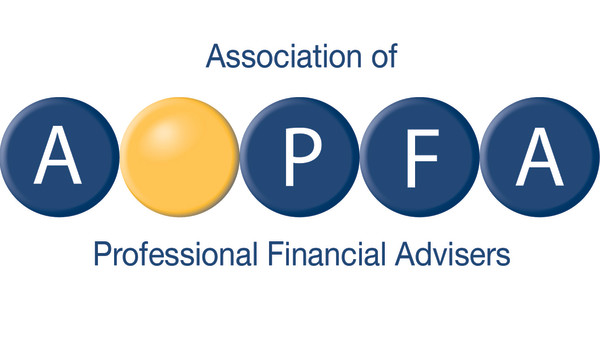

It has been published after Apfa’s discussions with the Fos and the Financial Conduct Authority.
Apfa met with both bodies to raise a number of concerns held by advisers, including the splitting of cases, the difficulty in contacting adjudicators and the calculation of compensation.
Following these discussions it has published a guidance paper setting out how advisers should deal with the Fos and how it reaches some of its decisions.
Apfa said it found some concerns were based on misunderstanding or FOS’ policy not matching the experience of advisers.
Caroline Escott, Apfa senior policy adviser, said publishing the guidance would help hold the Fos to its word.
She said: “The way the Fos investigators make their decisions is one of our members’ top concerns.
“Now, some areas of disagreement are just that. After speaking to the Ombudsman, it became clear that on a number of issues Fos policy was good, but advisers’ frustrations arose from the fact their experiences didn’t match up with what Fos has told us ought to happen.
“The government has said it is keen to broaden consumer access to financial advice. To do so, it is vital that advisers feel able to trust that the Fos’ decisions are well-reasoned and fair.
“We would like to thank Fos for their willingness to speak with us and our members and hope that the guidance will be a useful tool for both small and large advice firms.”
On the issue of splitting cases, the Fos told Apfa that while there was guidance, decisions were taken on a case-by-case basis.
The Fos considers valid reasons for splitting cases to include advice given on one occasion to more than one client such as husband and wife, advice given on different occasions on different aspects of an individual’s circumstances and without explicit reference to the fact that each time advice is being given holistically, and where the advice given combined aspects that were regulated and unregulated.
Meanwhile the Fos has agreed it is reasonable for advisers to expect to be able to explain their position to an investigator and they consider it good practice for investigators to make pro-active efforts to hear both sides’ stories directly.
Advisers who have not been able to access an investigator can speak to their manager, the Fos has said.
With regards to compensation, the Fos said it aims to put the consumer as close to the position they would have been in had they not been given unsuitable advice.
It often uses the WMA index which is a composite index, with an overall mix is approximately 55 per cent in equities, 35 per cent in fixed interest and 10 per cent in cash, property and hedge funds.
The Fos says that it believes this is a “reasonable mix for someone prepared to take some risk".



